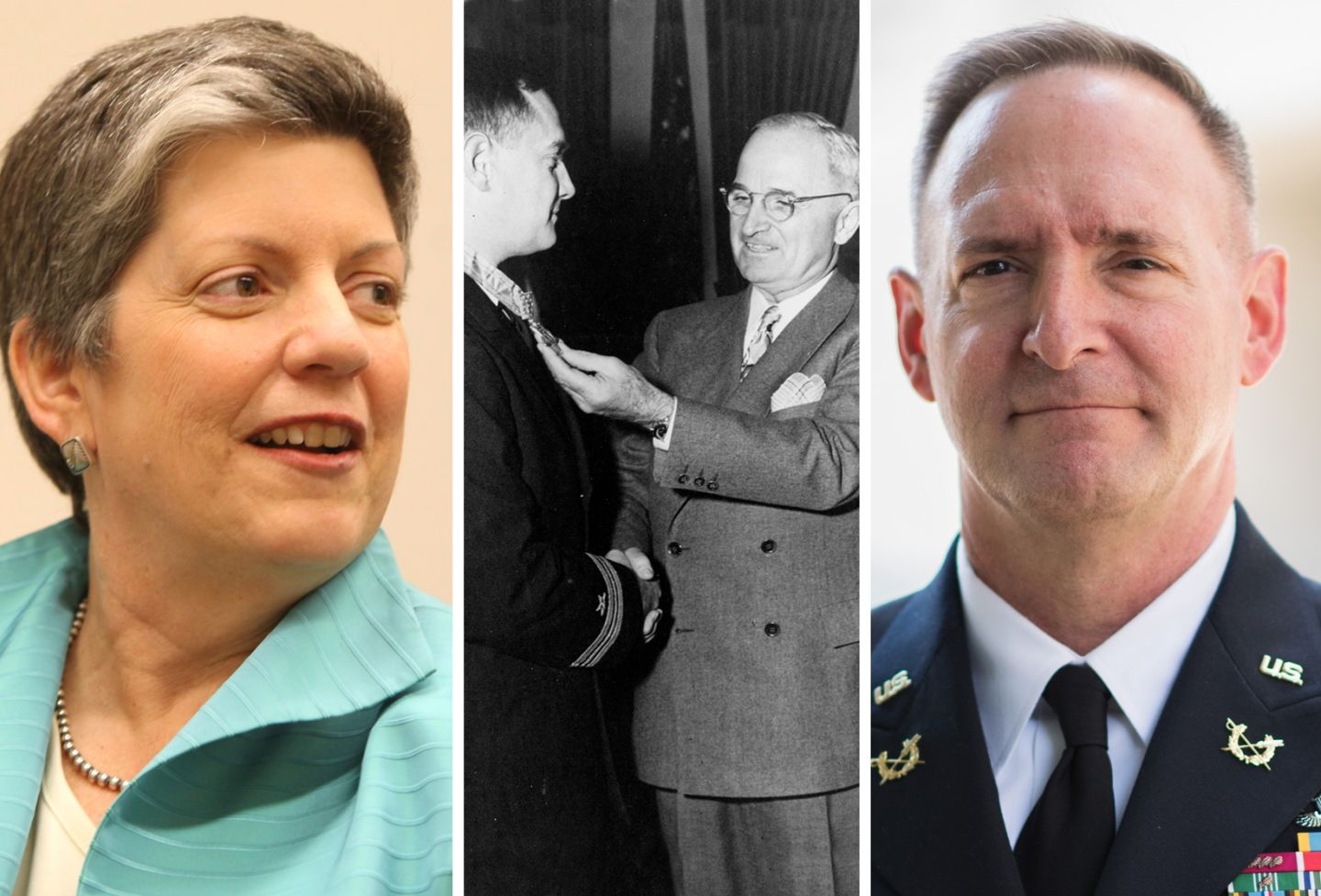96. James R. McConnell 1910
The Aviator Statue
After attending a year at the Law School, James R. McConnell 1910 became the first of 64 UVA students to die in battle during World War I. He was a member of the Lafayette Escadrille — the French flying squadron — and the last American pilot to die under French colors before U.S. entry into the war. The Aviator statue on Grounds, one of the school’s most well-known works of art, was commissioned in his honor.
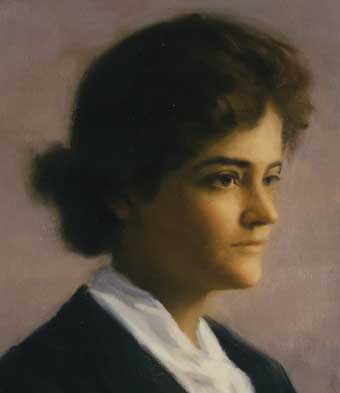 97. Elizabeth N. Tompkins ’23
97. Elizabeth N. Tompkins ’23
First Female Law Grad
In 1920, the same year American women obtained the right to vote, the first female students matriculated at the University of Virginia School of Law. Elizabeth N. Tompkins ’23 was the first to graduate. Tompkins clerked for two years in Charlottesville before relocating to Richmond for a distinguished 54-year legal career. She was the first woman admitted to the Virginia State Bar.
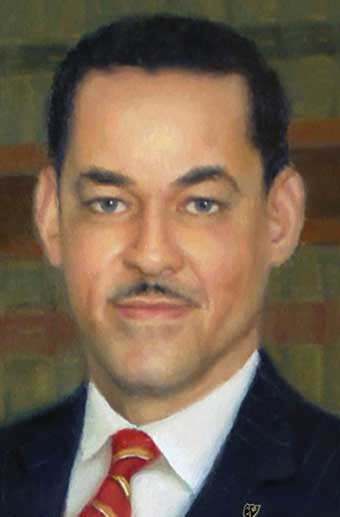 98. Gregory Swanson ’51
98. Gregory Swanson ’51
Integrating UVA
Gregory Swanson ’51, with the help of the NAACP Legal Defense Fund, was the attorney who integrated the University by suing UVA in 1949 to attend the Law School and pursue his advanced degree. Swanson won his suit in 1950, attended from 1950-51, and completed all of his classes, but did not turn in the paper that would have allowed conferral of his master’s.
The first black student to graduate from UVA was Walter N. Ridley, who earned a doctorate of education in 1953, in part thanks to Swanson’s groundbreaking efforts.
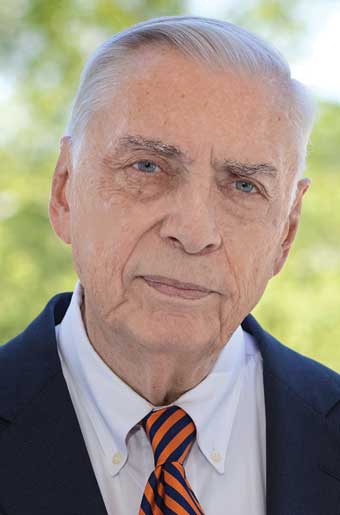 99. John Lowe ’67
99. John Lowe ’67
Hero of Coeducation
John Lowe ’67 argued successfully for full coeducation at the University of Virginia. He took the case to court in 1969 on behalf of high school student Virginia Scott and three other young women. It was just two years after earning his law degree.
Later in his career, Lowe argued and won the landmark First Amendment case Bigelow v. Virginia in the U.S. Supreme Court, and convinced the Supreme Court of Virginia to strike down the Virginia Riot Act on First Amendment grounds.
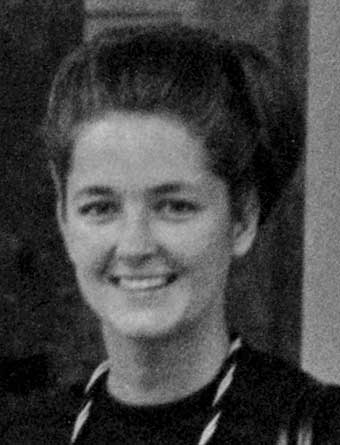 100. Gail Starling Marshall ’68
100. Gail Starling Marshall ’68
Innocence and Indigent Aid
Gail Starling Marshall ’68, a former UVA Law professor, served as a Virginia deputy attorney general during the latter part of the 1980s under Attorney General Mary Sue Terry ’73, the first woman elected to statewide office in the state. Marshall’s review of death penalty cases led her to question the guilt of Earl Washington Jr. Her flagging of the case for further investigation famously led to commutation nine days before his scheduled execution, and eventually led to his being pardoned. Marshall is well known for her body of work on behalf of the indigent, including through the Legal Aid Justice Center in Charlottesville, which she helped found.
- 100 Change Agents: A Completely Incomplete List of UVA Lawyers Who Changed the World
- 5 Who Fought for Rights
- 5 in Criminal Law, 5 in Government Service
- 5 in International Law, 5 Military Leaders
- 5 Virginia Voices
- 5 Business Leaders, 5 General Counsel, 5 in Investing, 5 in Law Firms
- 5 Nonprofit Leaders, 5 Educational Leaders
- 5 Who Were There To Make a Difference
- 5 Best-Selling Authors
- 5 in Sports, 5 in Entertainment
- 5 in a League of Their Own
- 5 From the Early Days, 5 Firsts



